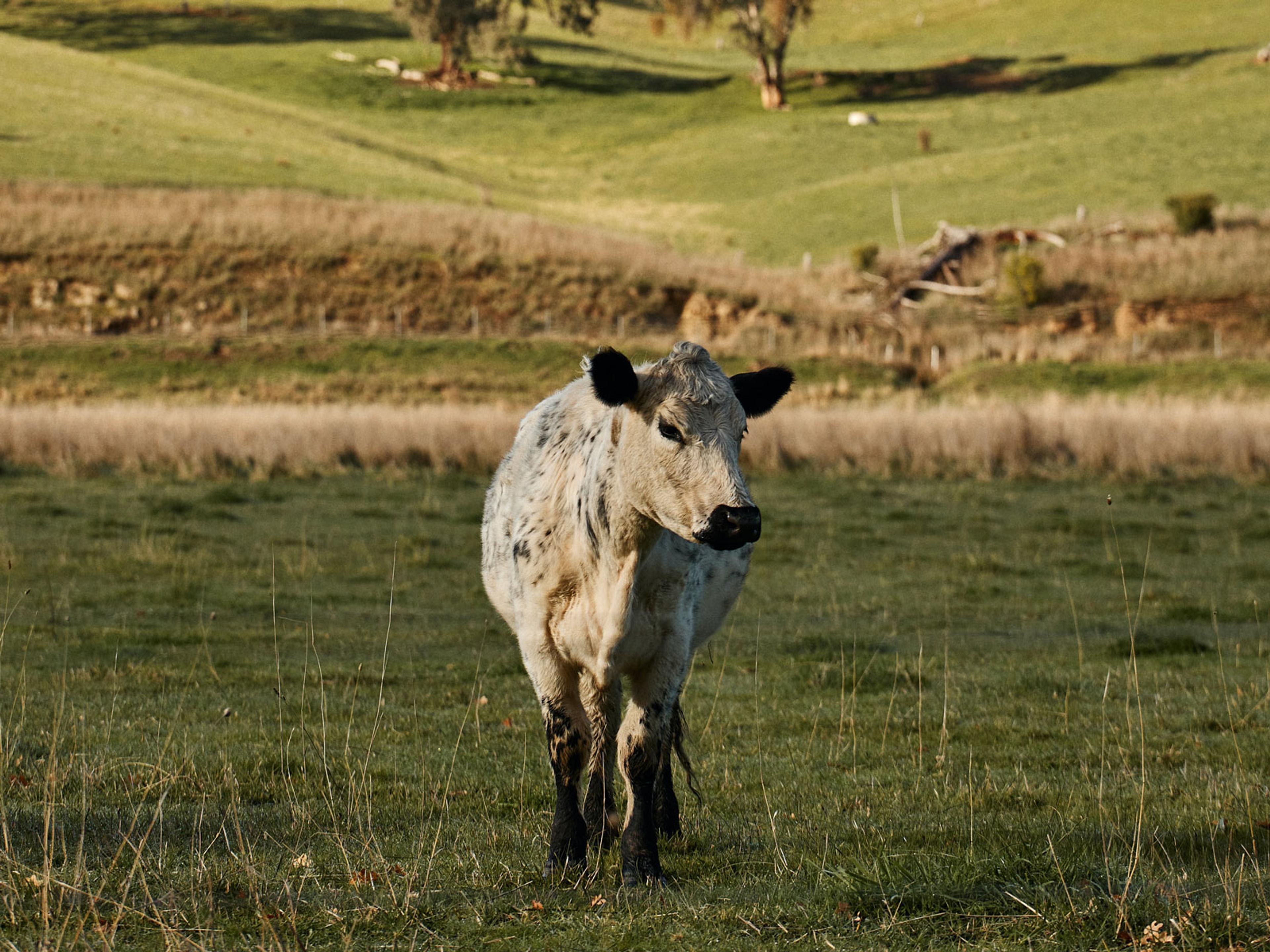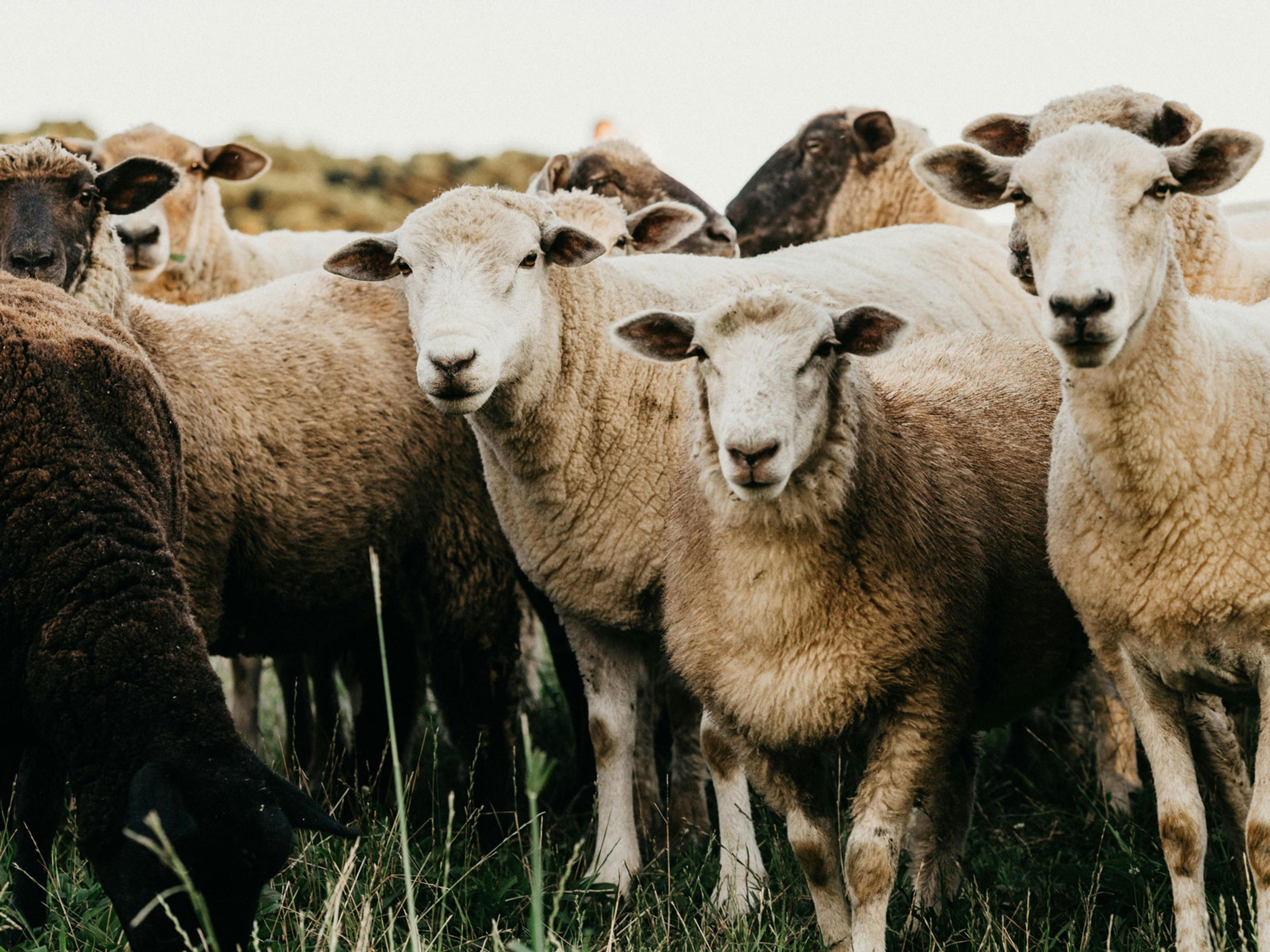The Abattoir Crisis: What It Means for Small- and Medium-Scale Farmers and Ethical Meat Production
Across Australia, small- and medium-scale livestock farmers are facing an escalating crisis as access to abattoirs—the essential link between farm and table—is rapidly disappearing. The closure of several processing facilities and the cancellation of service kills at others is pushing farmers to the brink, threatening local food security and raising serious concerns about animal welfare.
Why are abattoirs closing their doors to small- and medium-scale farmers?
For decades, small and mid-sized abattoirs have been shutting down or closing their doors to small service kills, a trend that has accelerated in recent months. The situation is particularly dire in Victoria, where Hardwicks, the state's largest and most central cattle and sheep abattoir, announced it would end small service kills effective 14 December 2024 —giving farmers just two weeks notice before Christmas. The problem isn't limited to Victoria. Five other abattoirs across New South Wales and Western Australia have stopped service kills over the last 6 months.
The core issue? Corporate consolidation.
Large companies are increasingly buying up processing facilities, prioritising industrial-scale meat production and export over local food systems. These companies often find it more profitable to process massive volumes for overseas markets rather than supporting small- and medium-scale farmers who supply local butchers, farmers’ markets, and ethical meat subscription services.
A major consequence of this shift is the widespread cancellation of service kills, which are essential for small- and medium-scale farmers. Service kills allow farmers to process limited numbers of livestock while retaining ownership of the meat, ensuring it reaches local consumers through ethical supply chains. Without access to these services, farmers have two options: they must either transport their animals much farther, often to larger abattoirs, increasing stress and costs or are left with no viable option and must exit the industry altogether. This growing gap in infrastructure disproportionately impacts farmers prioritising animal welfare and regenerative farming practices, further marginalising ethical meat production.
What does this mean for farmers?
Abattoirs are intrinsic to livestock farming, and without them, farmers cannot legally slaughter animals for meat. The closure of abattoirs across the country is devastating for hundreds, possibly thousands, of smallholders. Some will seek slaughter options farther away, but this will have negative consequences for animal welfare, farmer welfare, financial sustainability, and increased greenhouse gas emissions. The loss of critical slaughter infrastructure will also discourage new farmers from entering the industry, further eroding Australia’s small- and medium-scale farming sectors.
What does this mean for eaters?
Meat from animals grown on pasture by small and medium family farms will become even more difficult to access. Eaters could see the collapse of the very farming systems that underpin local and ethical produce. Without small-scale abattoirs, there will be no local meat in butcher shops or on restaurant menus. Additionally, larger abattoirs may reduce transparency and traceability in the supply chain, making it difficult for consumers to determine the exact origin of their meat.
What does this mean for butchers?
Independent butcher shops will face serious challenges if abattoirs stop processing small lots of whole carcasses. Many butchers may be forced to buy pre-cut, boxed meat from large processing plants, which are often reliant on exploited migrant labour. This shift will threaten the viability of local butcher businesses, reduce consumer access to ethical and sustainable meat products, and further concentrate control of meat processing in the hands of a few big companies.
What does this mean for hospitality?
Without access to meat from small- and medium-scale farmers, restaurants will struggle to source local, ethical meat. This will result in a decline in the quality and reliability of meat supply to restaurants and a shift toward cheaper, industrially farmed meat.
What does this mean for animal welfare?
Limited access to local abattoirs will have a significant impact on animal welfare, leaving farmers with few viable options and forcing them to transport livestock long distances to larger processing facilities. These extended journeys expose animals to unfamiliar and often stressful environments — including sale yards, feedlots, and industrial-scale abattoirs — resulting in prolonged discomfort and distress. This not only increases costs for farmers and adds to environmental impacts, but also undermines the core principles of regenerative farming, which prioritise care for the land, animals, and people.
A National Crisis That Requires Urgent Action
This is not just a state issue—it is a national crisis that threatens the future of small- and medium-scale livestock farming in Australia. The Australian Food Sovereignty Alliance (AFSA) is taking action to safeguard local food production, calling for urgent reforms, including:
- Legislative Changes: Amending the Meat Industry Act and state planning provisions to allow micro-abattoirs and mobile slaughter units.
- On-Farm Processing Solutions: Expanding regulations to allow on-farm slaughter under existing Game Meat Standards, which already provide a safe and regulated pathway for wild game meat.
- Government and Private Investment in Infrastructure: Funding for small-scale, community-based abattoirs that serve local farmers, ensuring continued access to ethical, local meat.
How can you help?
- Sign a Petition: Multiple state-level petitions are calling for immediate action to protect small- and medium-scale farmers' access to processing facilities. Sign up to AFSA’s mailing list to stay informed.
- Contact Your MP: AFSA has created letter templates you can send to your local representatives, urging them to act.
- Speak Out on Social Media: Raise awareness of the issue and share what’s happening in your community. Tag @ausfoodsov and use hashtags like #SaveOurFarms #LocalFarmsMatter #FoodSovereignty.
- Support Small Farmers: Buy directly from farmers, support butchers who stock locally sourced meat, and stay informed. Check out our Regenerative Food and Farming Map or Open Food Network’s Discover Regenerative to find farmers and butchers near you.
The Future of Ethical Meat in Australia
If we want to continue having access to ethically raised, pasture-fed meat, we must act now. The consolidation of abattoirs into the hands of large companies prioritising export over local supply will have devastating consequences for farmers, animals, and eaters. Without intervention, we risk a future where small- and medium-scale farming becomes unviable and cheap, industrially produced meat is our only option.
For more information, visit AFSA.org.au or follow the campaign updates on Instagram and Facebook. To learn more about how chickens, cows and pigs are farmed in Australia visit our Ethical Food and Fibre 101 Guide.

